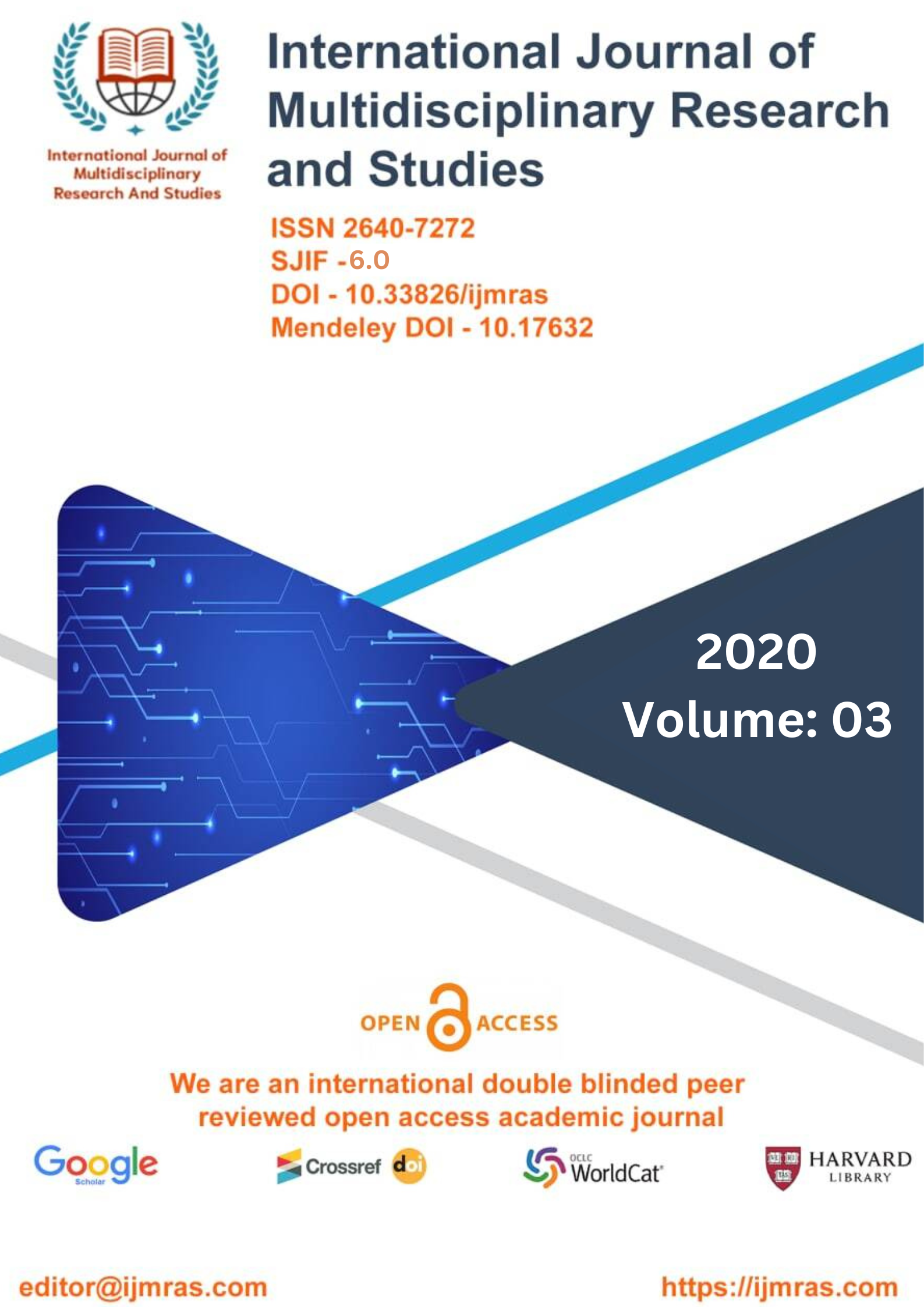STUDY OF CONDITIONAL PREFERENCE NETWORKS FOR CHARACTERIZING CONFIGURATION BUG REPORT

Abstract
As complexity continues to push the latest software programs upward, present day software problems are inevitable. For builders to restore those current mistakes, they depend on Trojan horse reports to locate problematic code files. This process can also take trendy time, depending on the entire ultra-modern problem document; Likewise, it requires engineers to manually look for documents that undoubtedly contain malicious code. Software upgrade costs can be reduced to a great extent with the help of an ultra-modern automated recommender of modern-day potentially worm-ridden code files. Because it is relatively difficult to find solutions to complex problems, this state-of-the-art machine-learning strategy is used today. In addition, the CNN-LSTM version is used in the contemporaneous-based full version, which is a good way to consider state-of-the-art LSTMs for sequential houses. This sequence order is done by means of employing the source code within the modern-day version.
Keywords
Networks, Bug ReportHow to Cite
References
Smith, b. "An Approach to Graphing Linear Forms." Referencia de un trabajonopublicado), Sin Publicar (1982).
Yin, Zuoning, et al. "An Empirical Study on Configuration Errors in Commercial and Open Source Systems." Proceedings of the 23rd ACMS Symposium on Operating System Principles. ACM, 2011.
Rastkar, Sarah, Gail C. Murphy, and Gabrielle Murray. "Automatic summarization of bug reports." IEEE Transactions on Software Engineering 40.4 (2014): 366–380.
Domati, Sunil Joy, RuchiAggarwal, and S. SoumyaKamath. "Bug Classification: Feature Extraction and Comparison of Event Models Using Naive Bayes Approach." arXiv Preprint arXiv: 1304.1677 (2013).
Wang, Xiaoyin, et al. "A Method for Detecting Duplicate Bug Reports Using Natural Language and Execution Information." Proceedings of the 30th International Conference on Software Engineering. ACM, 2008.
Padberg, Frank, Philipp Pfaffe, and Martin Blersch. "On Mining Concurrency Defect-Related Reports from the Bug Repository."
Kim, Dongsun, et al. "Where should we fix this bug? A two-stage recommendation model." IEEE Transactions on Software Engineering 39.11 (2013): 1597–1610.
Gegic, Michael, Pete Rotella, and Tao Xi. "Identifying Security Bug Reports through Textmining: An Industrial Case Study." 2010. 7th IEEE Working Conference on Mining Software Repositories (MSR2010). IEEE, 2010.
Rastkar, Sarah, Gail C. Murphy, and Gabrielle Murray. "Automatic summarization of bug reports." IEEE Transactions on Software Engineering 40.4 (2014): 366–380
Sureka, Ashish. "Learning to classify bug reports into components." International conference on modeling techniques and tools for computer performance evaluation. Springer Berlin Heidelberg, 2012.
Matter, Dominik, Adrian Kuhn, and Oscar Nierstrass. "Assigning Bug Reports Using a Vocabulary-Based Expertise Model of Developers ." 20096th IEEE International Working Conference on Mining Software Repositories. IEEE, 2009.
Briand, Lionel C., YvanLabiche, and Xuetao Liu. "Using Machine Learning to Support Debugging with Tarantula." 18th IEEE International Symposium on Software Reliability (ISSRE'07). IEEE, 2007.
Zimmermann, Thomas, Rahul Premraj, and Andreas Zeller. "Prediction Fault Foreclips." Predictor Models in Software Engineering, 2007. PROMISE'07: ICSE Workshops 2007. International Workshop. IEEE, 2007.
Lamkanfi, Ahmed, et al. "Estimating the Severity of Reported Bugs." 2010. 7th IEEE Working Conference on Mining Software Repositories (MSR2010).IEEE,2010.
Turhan, Burak, GozdeKocak, and AyseBener. "Data Mining Source Code for the Detection of Software Bugs: A Case Study in the Telecommunication Industry." Expert Systems with Applications 36.6 (2009): 9986–9990.
License
Copyright (c) 2020 Navin Prakash

This work is licensed under a Creative Commons Attribution 4.0 International License.
Individual articles are published Open Access under the Creative Commons Licence: CC-BY 4.0.




